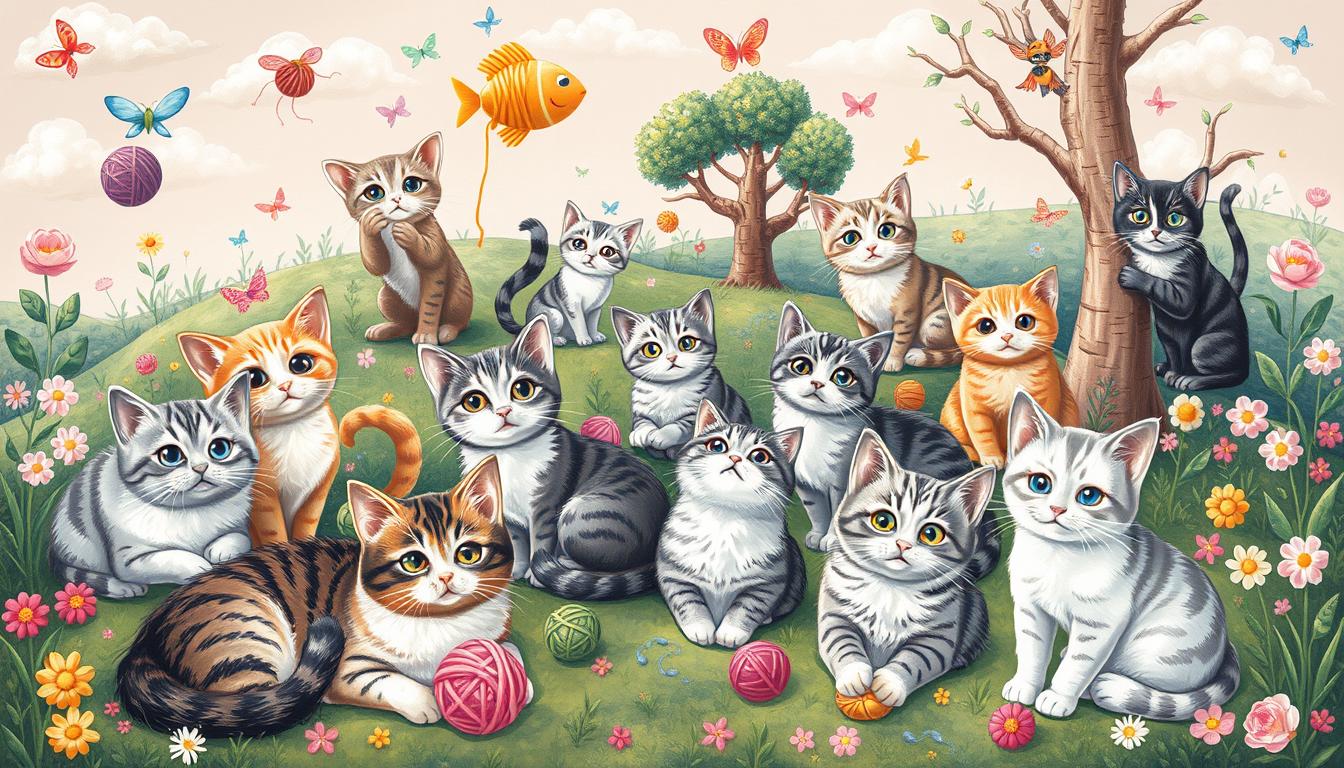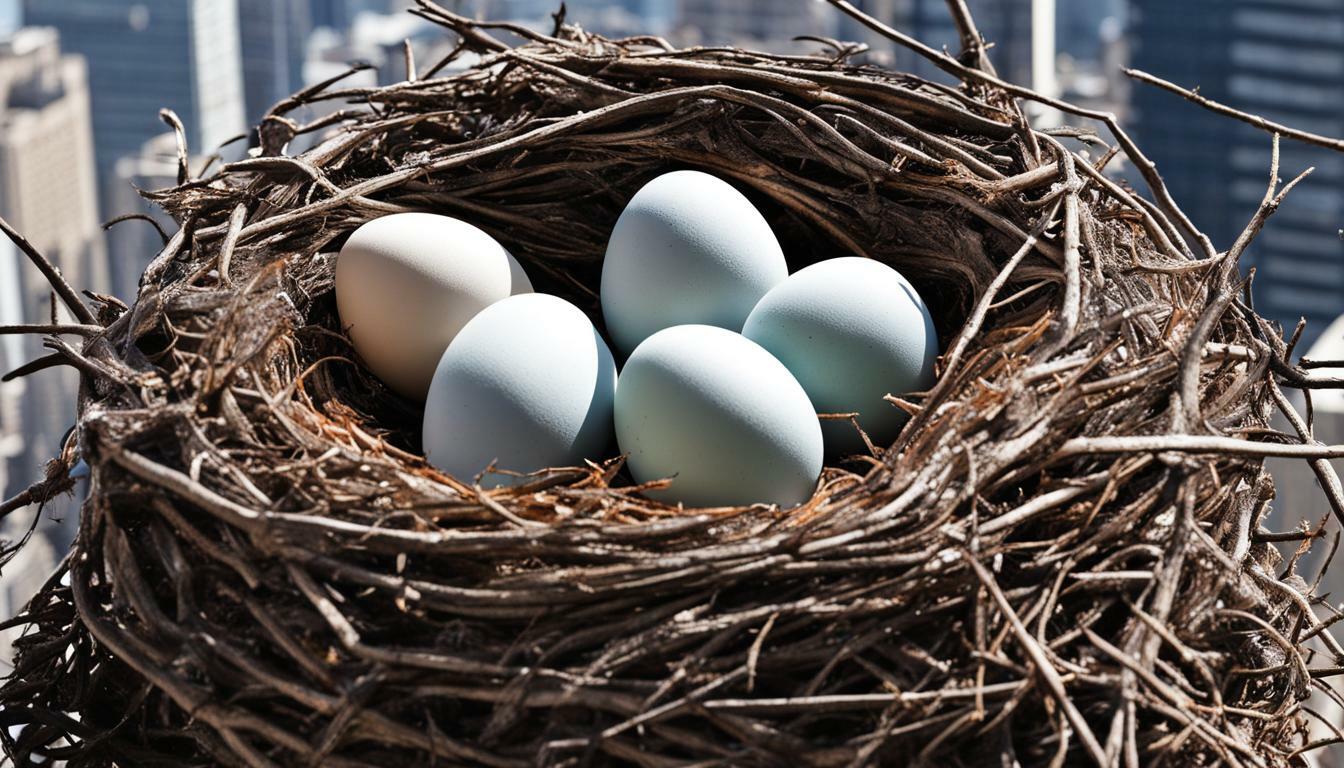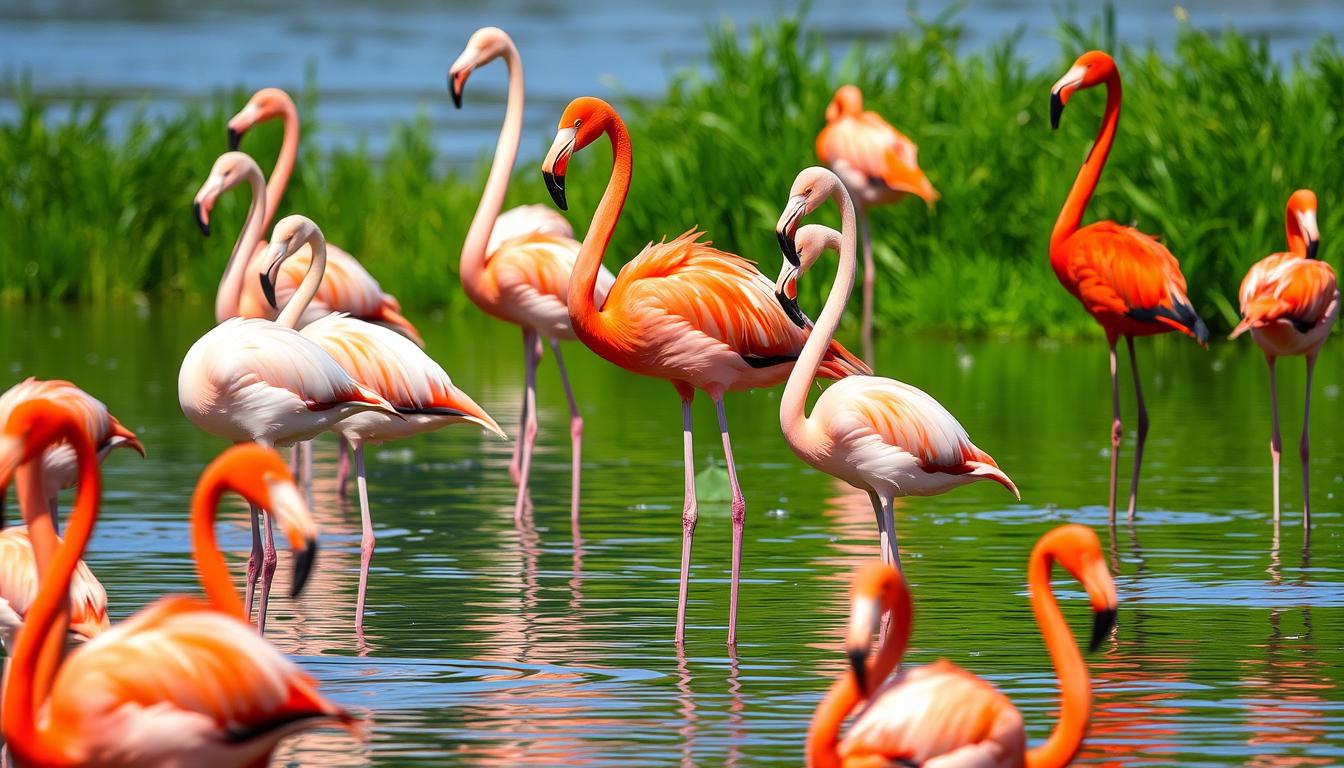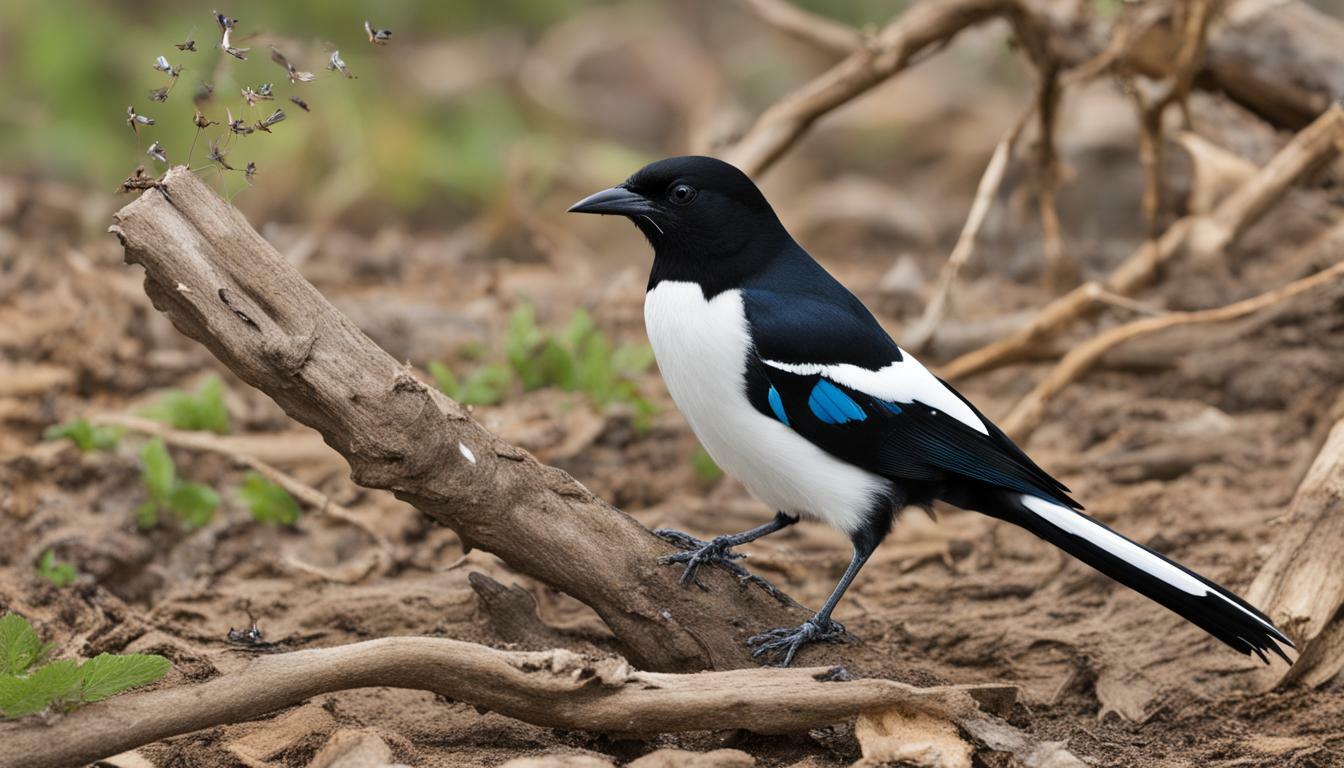Do Bears Eat Mushrooms? Find Out in Our Wildlife Guide
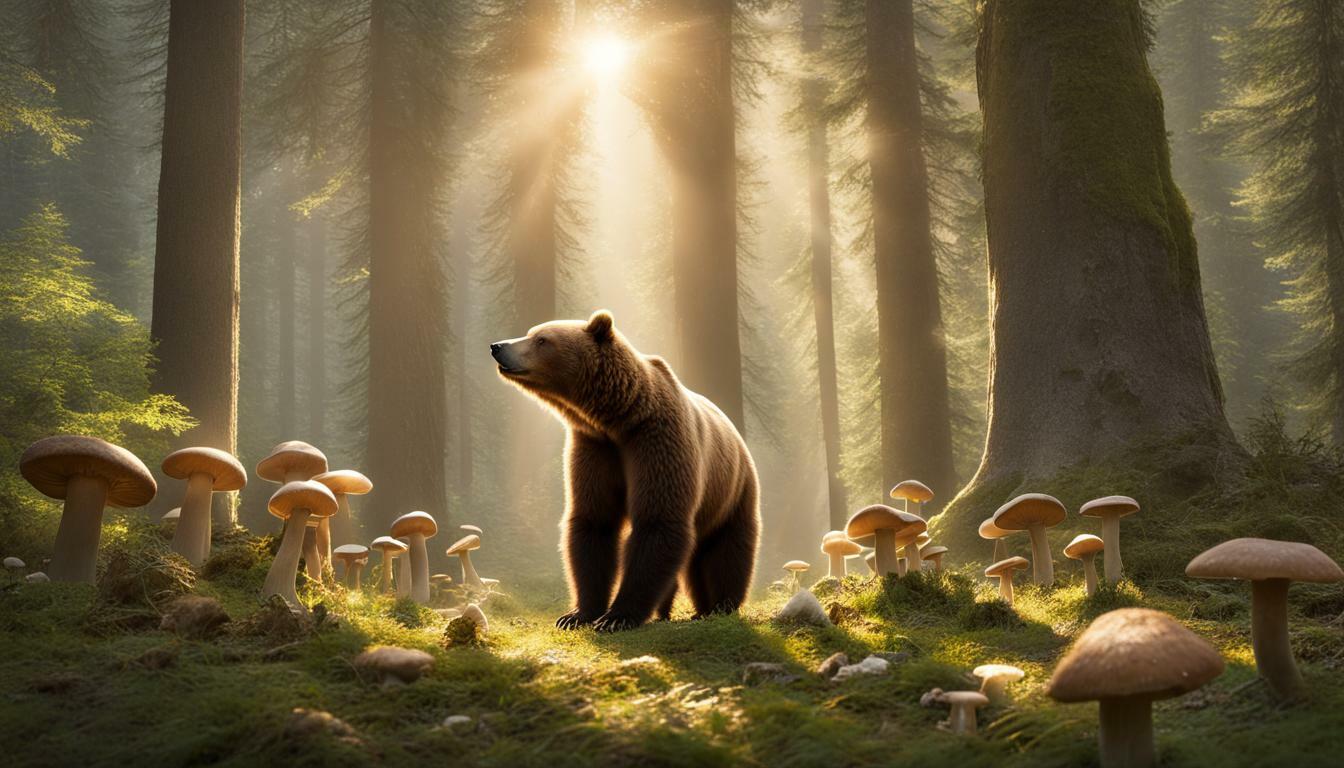
Table of content:
If you’ve ever wondered about the eating habits of bears, you might be curious about whether they consume mushrooms. Do they add these fungi to their diets, or do they stick to other food sources?
In this comprehensive wildlife guide, we’ll explore the diverse diet of bears and their consumption of mushrooms. You’ll learn about the nutritional value of mushrooms, the foraging habits of bears, and much more.
Key Takeaways:
- Bears are omnivores and consume a variety of foods, including both plant matter and animal protein.
- Mushrooms provide numerous health benefits and are a valuable addition to the bear diet.
- Bears forage for mushrooms in their natural habitats, typically using their sense of smell to locate them.
- Research has shown that mushroom consumption is prevalent among bear populations, indicating that they play an important role in their diets.
- Like any food, there are potential benefits and risks associated with mushroom consumption for bears. These will be explored in detail in this guide.
Understanding Bear Food Habits
If you’ve ever wondered what bears eat, the answer is pretty straightforward: just about anything! As omnivores, bears consume a variety of foods, including both plant matter and animal protein. They are opportunistic eaters, which means they will eat what is available and abundant in their habitat.
That being said, bears do have certain food preferences. They tend to favor foods that are high in calories and fat, such as nuts, berries, and fish. In fact, some bear populations rely heavily on a single food source during certain times of the year, such as salmon during the spawning season.
Understanding Bear Diet and Mushrooms
So, where do mushrooms fit into the diet of bears? While not a staple food for bears, mushrooms are certainly consumed by some bear populations. Bears may eat mushrooms as a seasonal food source or as a supplement to their regular diet.
One reason bears may consume mushrooms is for their nutritional value. Mushrooms are low in calories but high in protein and fiber, and they contain a variety of vitamins and minerals. Some species of mushrooms also have medicinal properties that may benefit bear health.
The Role of Mushrooms in the Bear Diet
While bears are known for their diverse diet, mushrooms play a significant role in their consumption habits. In fact, mushrooms account for a substantial portion of a bear’s diet, particularly in the fall when they are abundant.
One reason why bears enjoy mushrooms is because of their nutritional value. Mushrooms contain a variety of vitamins and minerals, including vitamin D, potassium, and selenium. They also have a low fat content and are a good source of fiber. Additionally, some forms of mushrooms have been found to have antimicrobial properties, which may help bears avoid illness or disease.
The Types of Mushrooms Bears Eat
While bears are known to consume a wide variety of mushrooms, there are several types that they particularly enjoy. These include boletes, which have a meaty texture and are easy to digest; agarics, which are large and fleshy with a sweet taste; and chanterelles, which have a fruity scent and nutty flavor.
It’s worth noting that not all mushrooms are safe for bears to eat. Some species can be toxic and cause illness or death. Therefore, bears rely on their sense of smell and visual cues to identify edible mushrooms.
How Bears Consume Mushrooms
Bears typically forage for mushrooms on the forest floor, using their keen sense of smell to locate them. Once they find a mushroom, they will either pull it up by the stem or use their claws to dig it up.
Interestingly, bears do not chew their food thoroughly and will often swallow mushrooms whole. This means that they may not fully digest them, which can result in intact spores being dispersed in their feces. This helps to spread mushroom spores throughout the forest and promote the growth of new fungi.
Foraging Behavior and Mushroom Consumption
Bears are opportunistic foragers and are known to consume a wide variety of foods. When it comes to mushrooms, bears typically forage for them in the wild. They have a keen sense of smell that enables them to locate mushrooms wherever they may be growing.
When bears find mushrooms, they typically consume them whole. They don’t have teeth designed for chewing, so they swallow their food whole. This means that they may consume mushrooms that are toxic to humans or other animals, but that don’t seem to cause them any harm.
In some cases, bears may dig up the ground around the base of a mushroom to access the roots. This is because some species of mushroom grow underground and bears are able to detect them using their sense of smell.
Bears are also known to forage for mushrooms along with other foods, such as berries, nuts, and other plant matter. They may eat mushrooms as a seasonal or occasional part of their diet, depending on the availability of the fungi.
Overall, while they do consume mushrooms, bears are not considered to be specialized mushroom eaters. They have a diverse diet and consume a range of foods depending on what is available in their environment.
Mushroom Consumption in Bear Populations
While it is widely known that bears are omnivores and consume a variety of foods, the prevalence of mushroom consumption among bear populations is not as well understood.
Research on this topic has been limited, but studies have shown that bears do indeed consume mushrooms as part of their diet. The extent to which this occurs, however, may vary among different bear populations and habitats.
For example, in areas such as the Pacific Northwest, where mushrooms are abundant and diverse, bears have been observed foraging for and consuming mushrooms more frequently than in other regions.
Overall, while more research is needed to fully understand the role of mushrooms in the bear diet, it is clear that they do play a part in the consumption habits of these fascinating animals.
Potential Benefits and Risks of Mushroom Consumption for Bears
Bears consume a variety of foods, and mushrooms are one of them.
While mushrooms are a nutritious addition to a bear’s diet, they can also pose risks. For example, some species of mushrooms are toxic and could cause harm or even death to bears if ingested. As a result, it is important for bears to be cautious when foraging for mushrooms, and avoid species they are unfamiliar with.
However, some species of mushrooms are believed to provide health benefits to bears. For instance, research suggests that certain types of mushrooms may have anti-inflammatory properties that could help alleviate pain and swelling in bears. Additionally, mushrooms are a good source of antioxidants, which can help protect bears against some health conditions.
It should be noted that there is still much to be learned about the potential benefits and risks of mushroom consumption for bears. However, by exercising caution and consuming mushrooms in moderation, bears can make the most of their diverse diets.
Bears and Their Fascinating Habits
While bears’ food habits are certainly intriguing, there are many other fascinating aspects of these remarkable mammals. Did you know, for example, that bears are incredibly resilient and can survive for months without food or water? During periods of hibernation, bears’ metabolic rates slow down significantly, allowing them to store energy and stave off hunger.
Bears are also known for their impressive strength and agility. They can run at speeds of up to 30 miles per hour and swim for long distances without stopping. Additionally, bears have an incredible sense of smell, which they use to detect food, locate mates, and navigate their surroundings.
Another interesting fact about bears is that they are highly adaptable. They can thrive in a wide range of environments, from mountain forests to Arctic tundras. Some species, such as the brown bear, have even learned to forage near human populations, raiding garbage cans and dumpsters for food.
Despite their fearsome reputation, bears are also known for their playful and curious nature. They are social animals that enjoy interacting with one another and with humans, although it’s important to remember that they are still wild animals and should be treated with caution and respect.
Conclusion
So, do bears eat mushrooms? The answer is yes! While bears have diverse diets, mushrooms are a significant part of their food preferences and provide valuable nutrients.
Through this wildlife guide, we’ve explored the role of mushrooms in the bear diet, their foraging behavior, and the potential benefits and risks of mushroom consumption. We’ve also discussed other fascinating habits of bears that make them unique in the animal kingdom.
Overall, understanding bear food habits and consumption patterns is crucial to their conservation and survival. By learning more about these magnificent creatures, we can better appreciate and protect them.
Welcome. I’m Adreena Shanum, the proud owner of this website, and I am incredibly passionate about animals, especially poultry. I founded adreenapets.com as a labor of love, stemming from my desire to share my knowledge and experiences with poultry enthusiasts worldwide.

